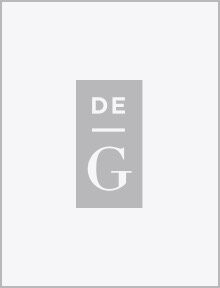

Most ebook files are in PDF format, so you can easily read them using various software such as Foxit Reader or directly on the Google Chrome browser.
Some ebook files are released by publishers in other formats such as .awz, .mobi, .epub, .fb2, etc. You may need to install specific software to read these formats on mobile/PC, such as Calibre.
Please read the tutorial at this link: https://ebookbell.com/faq
We offer FREE conversion to the popular formats you request; however, this may take some time. Therefore, right after payment, please email us, and we will try to provide the service as quickly as possible.
For some exceptional file formats or broken links (if any), please refrain from opening any disputes. Instead, email us first, and we will try to assist within a maximum of 6 hours.
EbookBell Team

0.0
0 reviewsAn IfZ Publication
With its accession to membership of the United Nations in the early 1970s, the Federal Republic of Germany found new scope for its foreign policy, and it was at a time when the global North-South divide became a focus point of international politics. This is the background to the articles in the second volume of the German Yearbook of Contemporary History, edited by two historians from the Institut für Zeitgeschichte (Institute for Contemporary History Munich – Berlin) – Agnes Bresselau von Bressensdorf and Elke Seefried – together with Christian Ostermann from the Woodrow Wilson International Center for Scholars in Washington. The yearbook deals with West Germany during a time of Cold War confrontation, issues of human rights and threat from radical Islam. Selected contributions from the quarterly Vierteljahrshefte für Zeitgeschichte offer detailed analyses of West German policies toward Cambodia, Chile, Iran and Afghanistan, and international experts provide a vivid commentary.
The German Yearbook of Contemporary History is published by the Institute for Contemporary History Munich – Berlin.